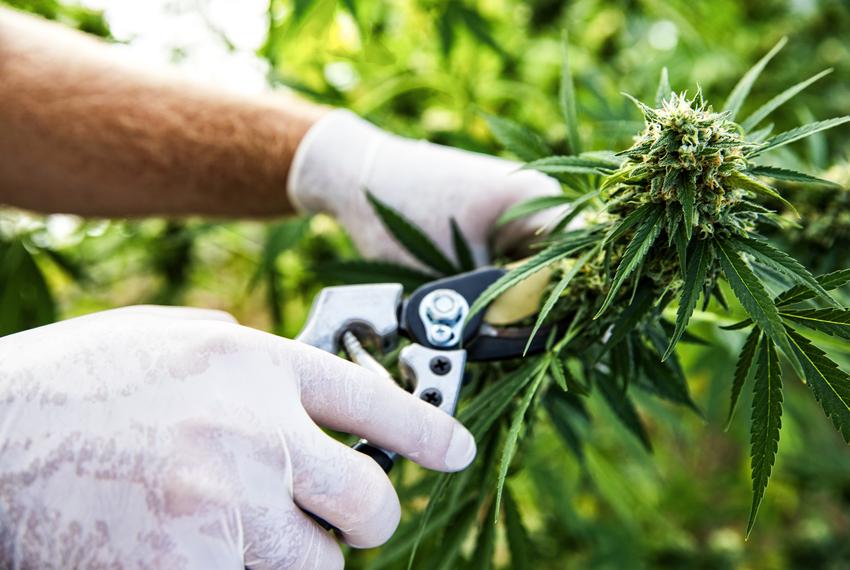THCA tetrahydrocannabinolic acid flower cannabis has gained significant attention in alternative health practices due to its unique therapeutic properties. Unlike THC tetrahydrocannabinol, the compound that produces the psychoactive effects of marijuana, THCA is a non-psychoactive cannabinoid found in raw and unheated cannabis. When cannabis is exposed to heat through smoking, vaping, or cooking, THCA converts into THC, a process known as decarboxylation. However, in its raw form, THCA offers a range of health benefits without causing a high, making it an appealing option for individuals seeking the medicinal benefits of cannabis without the psychoactive effects. One of the primary reasons THCA flower cannabis has become increasingly popular in alternative health practices is its anti-inflammatory properties. Studies have suggested that THCA may help reduce inflammation, which is linked to a variety of chronic health conditions such as arthritis, Crohn’s disease, and autoimmune disorders. Inflammation is the body’s natural response to injury or infection, but chronic inflammation can lead to tissue damage and contribute to disease progression.
 For patients suffering from such conditions, thca flower brands may provide a natural and potentially effective way to manage inflammation and associated symptoms. Moreover, THCA has been explored for its neuroprotective properties, which could have implications for individuals with neurodegenerative disorders like Alzheimer’s disease and Parkinson’s disease. Research suggests that cannabinoids, including THCA, may help protect brain cells from damage, slow disease progression, and even promote neurogenesis, the growth of new neurons. While further research is necessary to confirm these effects, the potential of THCA as a neuroprotective agent is a promising area of study in the realm of cannabis-based medicine. Additionally, THCA has shown potential as an anti-emetic, helping to reduce nausea and vomiting, particularly in patients undergoing treatments like chemotherapy. Nausea and vomiting are common side effects of chemotherapy, and they can significantly impact a patient’s quality of life. Traditional anti-nausea medications may not be effective for all patients, and some may experience unwanted side effects. THCA, as a natural compound, could provide an alternative for patients seeking relief from nausea without the psychoactive effects of THC.
For patients suffering from such conditions, thca flower brands may provide a natural and potentially effective way to manage inflammation and associated symptoms. Moreover, THCA has been explored for its neuroprotective properties, which could have implications for individuals with neurodegenerative disorders like Alzheimer’s disease and Parkinson’s disease. Research suggests that cannabinoids, including THCA, may help protect brain cells from damage, slow disease progression, and even promote neurogenesis, the growth of new neurons. While further research is necessary to confirm these effects, the potential of THCA as a neuroprotective agent is a promising area of study in the realm of cannabis-based medicine. Additionally, THCA has shown potential as an anti-emetic, helping to reduce nausea and vomiting, particularly in patients undergoing treatments like chemotherapy. Nausea and vomiting are common side effects of chemotherapy, and they can significantly impact a patient’s quality of life. Traditional anti-nausea medications may not be effective for all patients, and some may experience unwanted side effects. THCA, as a natural compound, could provide an alternative for patients seeking relief from nausea without the psychoactive effects of THC.
Pain management is another area where THCA flower cannabis is making a notable impact. Chronic pain is a widespread issue, often treated with opioid-based medications, which can lead to dependence and other adverse effects. THCA, with its potential analgesic properties, offers an alternative for individuals seeking a more natural approach to pain relief. Whether used for muscle spasms, migraines, or other pain-related conditions, THCA could help reduce pain and improve overall well-being. Incorporating THCA into alternative health practices aligns with the growing trend of seeking natural, plant-based remedies for health concerns. As more research emerges, the role of THCA flower cannabis in holistic wellness is expected to expand. While it may not yet have the extensive body of clinical evidence that some other treatments do, the existing research and anecdotal reports from patients indicate its potential in managing inflammation, neurodegeneration, nausea, and pain. With further exploration, THCA flower cannabis could become a cornerstone of natural health therapies, offering relief to those seeking an alternative to conventional medicine without the intoxicating effects associated with THC.



